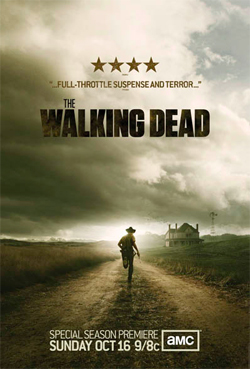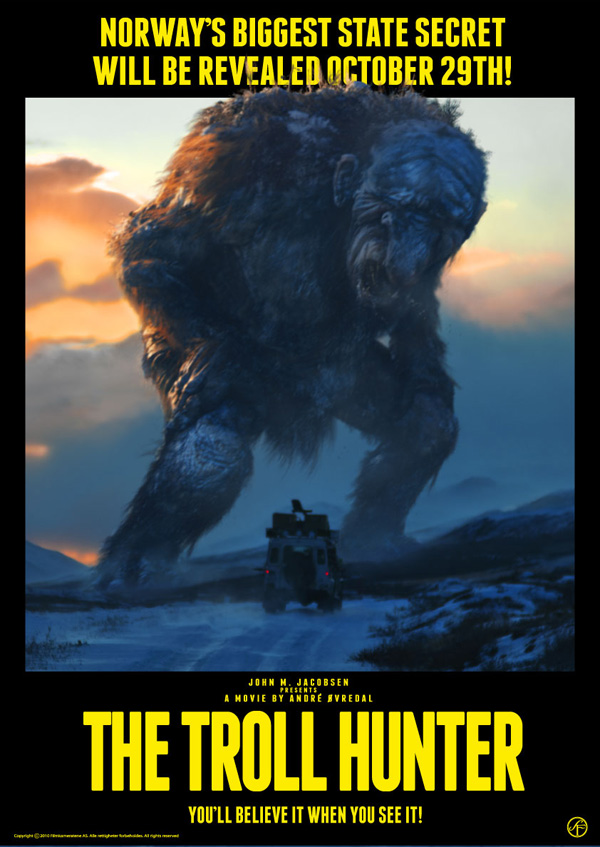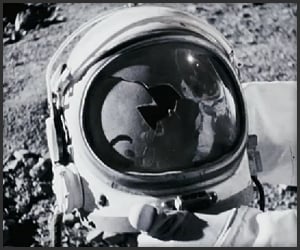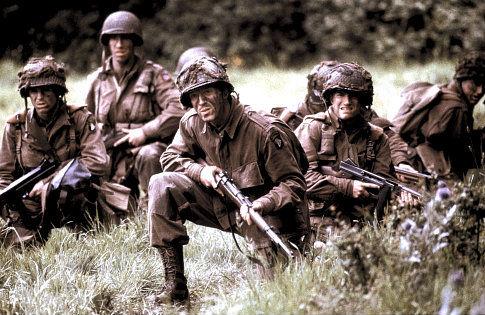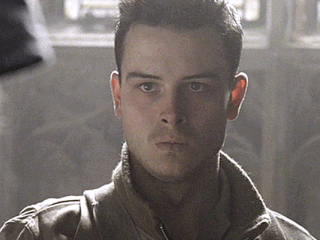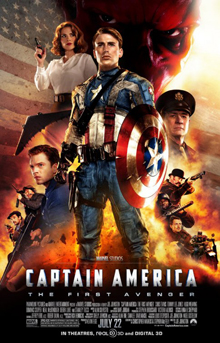After seven episodes, The Walking Dead arrived at its mid-season finale this week. Tying together several loose threads that have run throughout the season, the final episode was a tragic mix of action, suspense and devastation. Then again, what else would you expect from a show that broke records for the most watched drama in cable television history? The second season of AMC’s hit show has unfairly garnered a lot of criticism, spurred, I believe, by the sudden departure of Frank Darabont and the dreaded budget cuts that, in return, have allowed a further two seasons of Mad Men. (Not that I'm complaining!) Some say the show is moving too slowly, whilst others believe it has become nothing but ‘a soap opera with zombies.’ I’m obviously watching a different show to many others for The Walking Dead has done nothing but significantly mature this season, exploring character depth and dealing with the darker issues of survival. In no way am I stating that The Walking Dead is perfect, but hit the internet, and you’ll get an unjustified critical response that in no way represents the show itself.
Season two, so far, has turned its back on the action sequences that made the first the success it was. A risky move, yes, but one that has paid off. Glen Mazzara, The Walking Dead’s new show runner, has used these controversial budget cuts as an advantage. Slowing the show down has allowed Mazzara to focus on the genesis of the disintegration of society and how the group’s dynamic has changed as a result. Scenes like Shane’s sacrifice of Otis when faced with certain death or Rick and Lori’s discussion about letting their son die when he is shot, to save him growing up in such a horrific world, are, I feel, much more of a reflection of the psychological impact of an apocalypse then other shows have explored.
 |
| Maggie is introduced this season. |
 |
| Rick and Lori consider letting their son die. |
Andrew Lincoln as protagonist Rick, continues to impress as does Sarah Wayne Callies as Lori and Chandler Riggs as their son, Carl. Acting wise, Riggs has significantly improved upon last season, something the producers of the show have obviously recognised by rewarding him with more screen time. However, Jon Bernthal as Shane, in my opinion, is incredibly annoying. Whilst he has the ability to carry his scenes with ease, there’s nothing about him that makes me care for his character. Shane is a tortured soul, there is no doubt about that, but his progression towards becoming a ‘killing machine’ does not resonate with what Mazzara has done with other characters. Shane has already been kept alive longer than in the books. Maybe Robert Kirkman, creator of the graphic novels, was on to something when they killed him off at the end of the first issue.
A special mention must go to Norman Reedus, who portrays Daryl Dixon. Having been bumped to a season regular, the writers have done wonders for his character, hinting at compassionate sides to his personality, something that is mirrored in his constant search for Sophia. It will be interesting to see what direction Mazzara will take Reedus’ character now that Sophia has been found dead. Her absence was, of course, the driving force behind his calmer state.
 |
| The show differs from the books. |
Perhaps much of the criticism directed at the show has come from the fans of the graphic novels, who believe the series is not what it should have been. I’m not a fan of the books themselves, having only read the first volume, yet I understand that the pace moves quickly; too quickly for my liking. Anyone expecting a complete rehash of the novels is being naïve. I’ve always said that what makes good reading does not always make good viewing. The show now has an identity of its own whilst loosely following the plot points of the novels. This, I think, is a good thing, for Mazzara’s show is no longer dictated to by Kirkman’s original source material. Many things on the page cannot be done on screen and vice versa, yet I believe anyone who critically responds to the show should judge it as a separate canon to the books. It’s a shame that The Walking Dead brand has such a reputation; the series, as a result, will never be as widely accepted.
The first half of The Walking Dead’s second season has been incredible, ending with a shocking, emotional climax that will have everyone talking until the show resumes in February. Although I’m not sure of what the time lapse will be between the first and second half, it is certain that things have been set up nicely for its continuation. Mazzara has promised new characters, new locations and new events. Fans, of course, are clamouring for the introduction of a certain Governor, although I hope any criticism does not force the writers to hasten events in order to get to certain points in the narrative. I’ve been enjoying this slow approach with the odd action sequence thrown in. Hopefully the fallout from Sophia’s demise will not be brushed aside. Mazzara has set things in place for a great deal of conflict. I just hope the second half of this season can live up to the quality of what we’ve seen so far. Keep it up AMC. With The Walking Dead, Mad Men, Breaking Bad and Hell On Wheels, you’re fast becoming the new HBO, and readers of this blog will know how I feel about that network!
